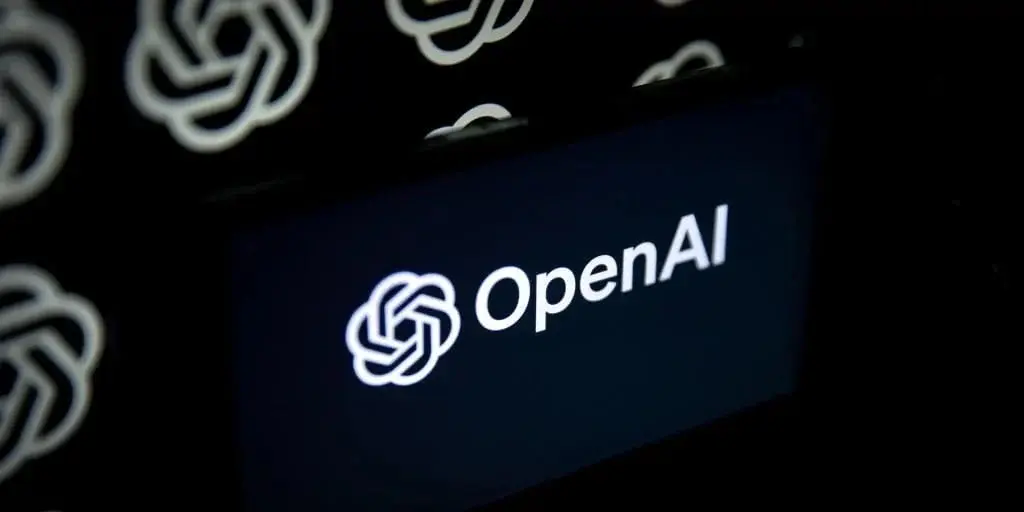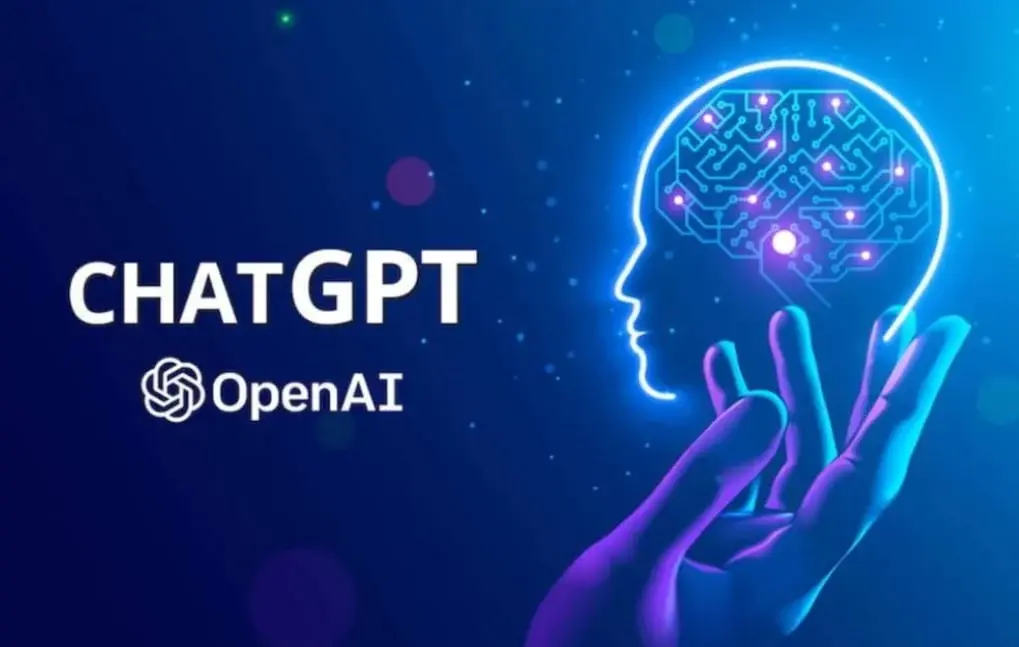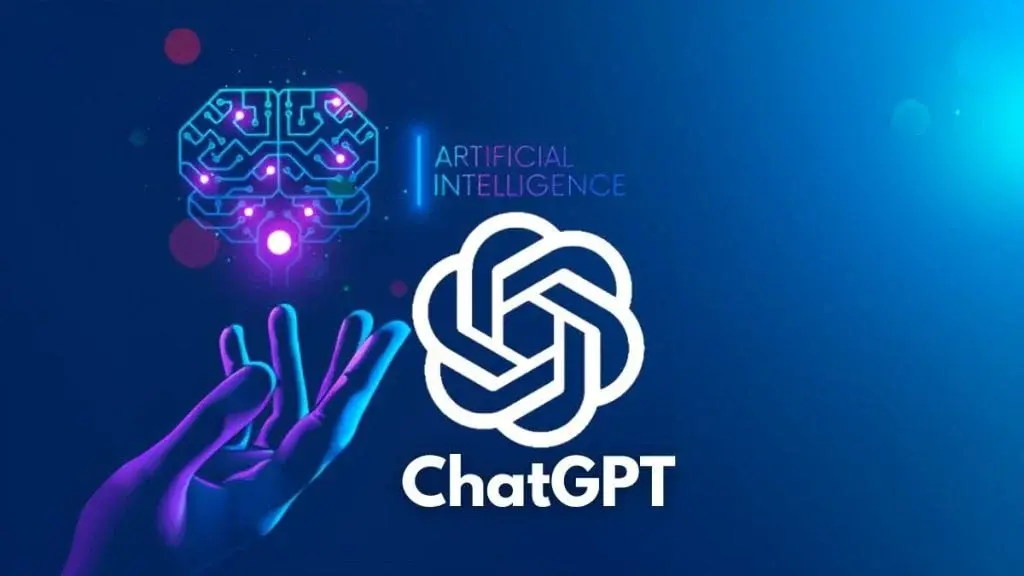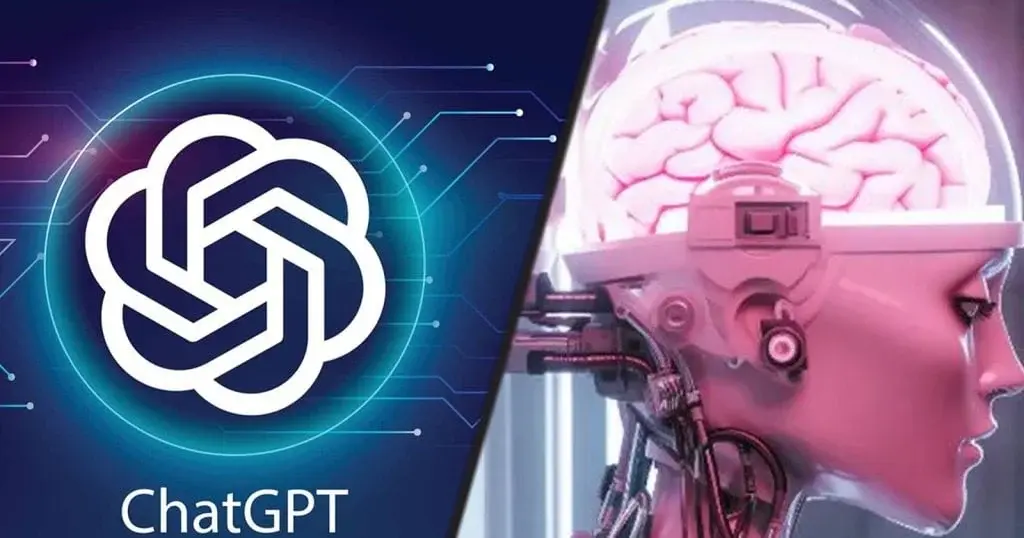Elon Musk, renowned for his contributions to electric cars and SpaceX, has taken legal action against OpenAI, an artificial intelligence (AI) research lab co-founded by him. Musk alleges that OpenAI has strayed from its original mission of developing beneficial, non-profit AI for the benefit of all. Notably, OpenAI, recognized for its ChatGPT language model, has garnered support from Microsoft, a move that has raised apprehension in Musk's view. He contends that the organization, initially intended to be transparent and non-commercial, has shifted its focus towards generating profits for its investors.
Lawsuit Against OpenAI
The legal dispute, initiated in San Francisco, urges the court to mandate OpenAI to disclose its research and technology to the public. This action would enable anyone to access and further build upon the advancements made by OpenAI, thereby promoting broader AI innovation. Additionally, the lawsuit seeks to restrain the utilization of OpenAI's cutting-edge AI model, GPT-4, for financial gains, encompassing both Microsoft and individuals affiliated with OpenAI. As of now, both OpenAI and Microsoft have refrained from issuing a public statement regarding the lawsuit.
Musk's Concerns and AI Landscape
Musk has consistently voiced apprehensions regarding the potential risks associated with AI, advocating for regulatory measures. Having resigned from OpenAI's board in 2018, he has been vocal about his skepticism concerning Microsoft's role in the organization. Musk perceives that the tech giant wields significant influence, if not direct control, over OpenAI. This legal confrontation adds a new dimension to the intricate domain of AI advancement. While the final outcome remains uncertain, it prompts critical reflections on the ethical considerations, objectives, and governance surrounding this potent technology.
Musk's AI Venture and Future Prospects
In parallel, Musk is advancing his own AI initiative, xAI, which strives to develop an AI system geared towards seeking maximum truth. Recently, the startup introduced its ChatGPT rival, Grok, which inadvertently divulged the actual formula for a drug when prompted. This development underscores Musk's ongoing engagement in the AI sphere and the evolving landscape of AI technologies.










